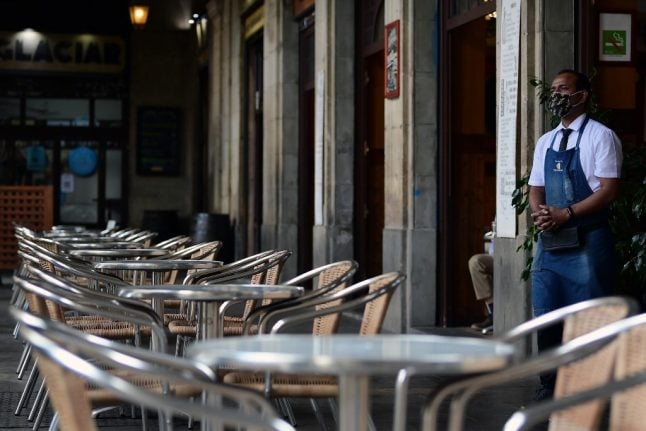Procicat, the Catalan civil protection agency introduced early closure of 24 hour convenience stores across the region forcing them to close overnight from 10 pm to 7 am.
The measure comes after a spike in COVID-19 cases last week which led to several new restrictions, including a 2-week shutdown of bars and restaurants beginning last Thursday at midnight.
Speaking to Radio4, the Minister of Home Affairs of Catalonia Miquel Sàmper cited concerns that the closure of bars and restaurants has led to an increase in “botellóns,” or drinking in the street, and that closing 24-hour stores at night would help limit this.
“You can fool the police,” he said in a radio interview, “but you can’t fool the virus.”
⌚ #In2minutes Measures to Confront the Second Wave of #COVID19 https://t.co/v1RhIhkAYL pic.twitter.com/tdY8YoFPLI
— Catalan Government (@catalangov) October 19, 2020
In the same interview, Sàmper reiterated that a curfew was not on the table.
In Barcelona alone, city police said they broke up around 1,000 people involved in botellons over the weekend.
By Sam Harrison in Barcelona
READ ALSO:
- Q&A: What you can and can't do under Catalonia’s new restrictions
- LATEST: Catalonia orders closure of bars and restaurants to stop coronavirus spread
- ANALYSIS: Why Madrid and not Barcelona is the epicentre of Spain's coronavirus second wave



 Please whitelist us to continue reading.
Please whitelist us to continue reading.
Member comments